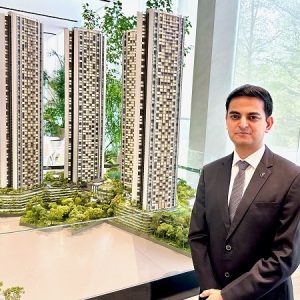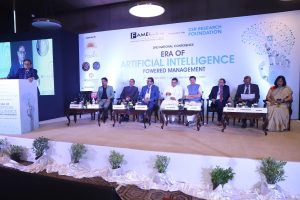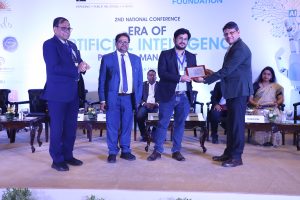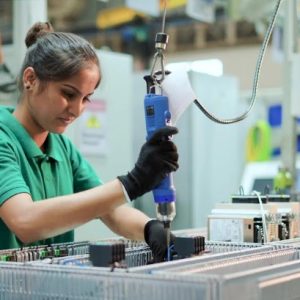The Supreme Court’s decision to grant bail to those advocating Vernon Gonsalves and Arun Ferreira indicates that, even under a strict anti-terrorism statute, denial of release does not have to be the norm, and that a preliminary review can reveal the flaws in a police case. Bail is difficult to obtain for someone arrested under the harsh provisions of the Unlawful Activities (Prevention) Act (UAPA).
No court can grant bail under Section 43D(5) if there are reasonable grounds to believe the accusation is true. Aside from that, a 2019 Supreme Court decision states that there cannot be an in-depth examination of the evidence at the bail stage, and bail must be decided only on the “broad probabilities” of the case. In this context, it is noteworthy that the Supreme Court has now granted Mr. Gonsalves and Mr. Ferreira bail on merits. The case is clearly defeated in the Court’s analysis. Aside from the lack of evidence indicating the accused had been engaged in a plot, the Court noted that the letters in which they were referenced had only third-party responses, none of which were verified.
The ruling concludes, “Mere participation in seminars by itself cannot constitute an offence under the bail-restricting Sections of the 1967 Act (UAPA), with which they have been charged.”
This is the first time a court has found that the allegations in the Bhima Koregaon violence case, in which activists and legal professionals were apprehended in 2018 on suspicion of being part of a Maoist conspiracy, may not be true. Among those apprehended in this case, lawyer Sudha Bharadwaj was released on “default bail” because the charge sheet against her was not filed within the time limit, and Telugu artist Varavara Rao was granted bail on medical grounds.
The Bombay High Court released writer and scholar Anand Teltumbde, ruling that it could not be believed that he had received monies from a co-accused, while Father Stan Swamy died in prison. In the most recent ruling, a two-judge Bench specified that the letters and witness statements relied on by the NIA to claim that Mr. Gonsalves and Mr. Ferreira were involved in a conspiracy and recruiting of people to perform terrorist activities were of poor probative value and quality.
It’s no surprise that the prosecution’s broad assertions in this case disintegrate under judicial inspection. There are also reports that some of the incriminating evidence was remotely inserted on the accused’s computers. The moment has arrived for an in-depth investigation of the case’s merits.














